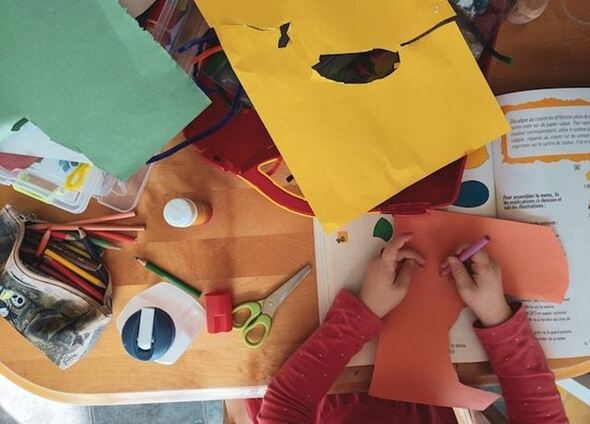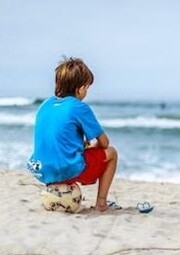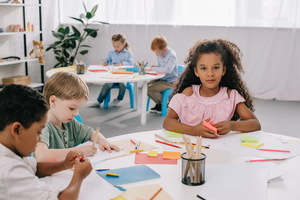Supporting Children through Grief and Loss: Coping Strategies and Resources
Many things in life cannot be controlled, and death is one of them. Although death is a normal part of life, it’s a difficult topic to discuss, especially with kids who have recently lost someone dear to them. This could be a parent, grandparent, best friend, or pet.
As a teacher or caregiver, know that children react to loss in different ways depending on their age among other things like their personality and their relationship toward the person who died.
For instance, a younger child might mourn by throwing temper tantrums while an older child displays regressive behaviors like bedwetting. Some may even avoid school or get in trouble in school. While these are normal, it’s important to support them through this difficult time.
This article explores ways to help a child deal with their emotions healthily and move forward in life.
Welcome their questions
A child who lost a loved one may approach you with questions like… Where do people go when they did? Why did they have to die? Did it hurt? What is a funeral? Who will take care of me now? These questions are valid and they need to be answered in an authentic way, using language they can easily understand.
Have ongoing conversations about death instead of allowing for only one conversation and ignoring other questions. And while you provide them with reassurance, be careful to avoid making any promises you cannot keep.
Maintain their usual routine
Routines bring a sense of familiarity to a child’s life. It allows them to feel safe and in control. Losing a family member causes a disruption in their daily routine, including school, meal times, and bedtimes. If you’re having difficulty keeping their schedule consistent, don’t hesitate to ask for help from trusted friends and relatives.
What would also be extremely helpful is to explain to a child what to expect so they won’t get confused. You could, for example, tell them who will take them to school tomorrow (in case you can’t do it) or when the funeral will happen and the people who might attend the funeral.
Use resources to help them express themselves
Taking advantage of therapy tools, such as trauma worksheets and handouts, is an opportunity for a child to heal from a loss. This might be their very first time to experience losing someone or a pet, which makes these resources beneficial for processing what happened.
For example, one of our trauma worksheets called “My Trauma Story” lets kids share about an upsetting event. It asks about the emotions they felt and encourages them to explore healthy coping skills, such as deep breathing, grounding, and positive self-talk.
Kids who are having frequent negative thoughts can find comfort in reciting realistic, encouraging statements like:
- What has happened to me does not define me.
- It’s okay that I feel this way. My feelings are allowed to be here.
- I can do things to help myself feel safe.
Reflect on happy memories
One of the ways people can move on from the pain of losing someone is through remembrance. It entails reflecting on and sharing the beautiful memories you’ve had with the person. This honors a person’s life and at the same time sparks positive emotions.

Turn this into a therapeutic activity by making something creative, like a scrapbook or memento of the child’s memories with their deceased loved one. It can be a collection of photos or objects (e.g. dried flowers or a piece of clothing that represents the loved one).
While completing the activity, they will be able to pour out their emotions. This is especially helpful for kids who won’t talk about their feelings yet.
Tip: Incorporate other activities that also relieve stress, such as yoga and scooter rides.
Consider grief therapy
This step is important because some children, unfortunately, find themselves struggling with the loss for a very long time. They may be feeling guilty and somehow responsible for the death even though they had nothing to do with it, or have had multiple traumas before the loss, which made them more anxious.
Watch out for warning signs that indicate the need for a child to receive grief therapy, such as being preoccupied with thoughts of the deceased loved one, changes in their personality, and losing interest in their hobbies and school.
Grief counseling comes in different forms like groups where they meet other kids, or individual therapy in which they speak privately with a counselor.
Wrapping It Up
Whether the loss of a loved one was sudden or not, children grieve in their own way. It’s normal for them to cry, regress, and worry a lot, but more importantly, we need to be there to help them cope and get professional help if necessary. Healing from grief takes time. Don’t hesitate to seek resources that will allow a child to make sense of their loss.






 Explore the Safe Search Engine -
Explore the Safe Search Engine -